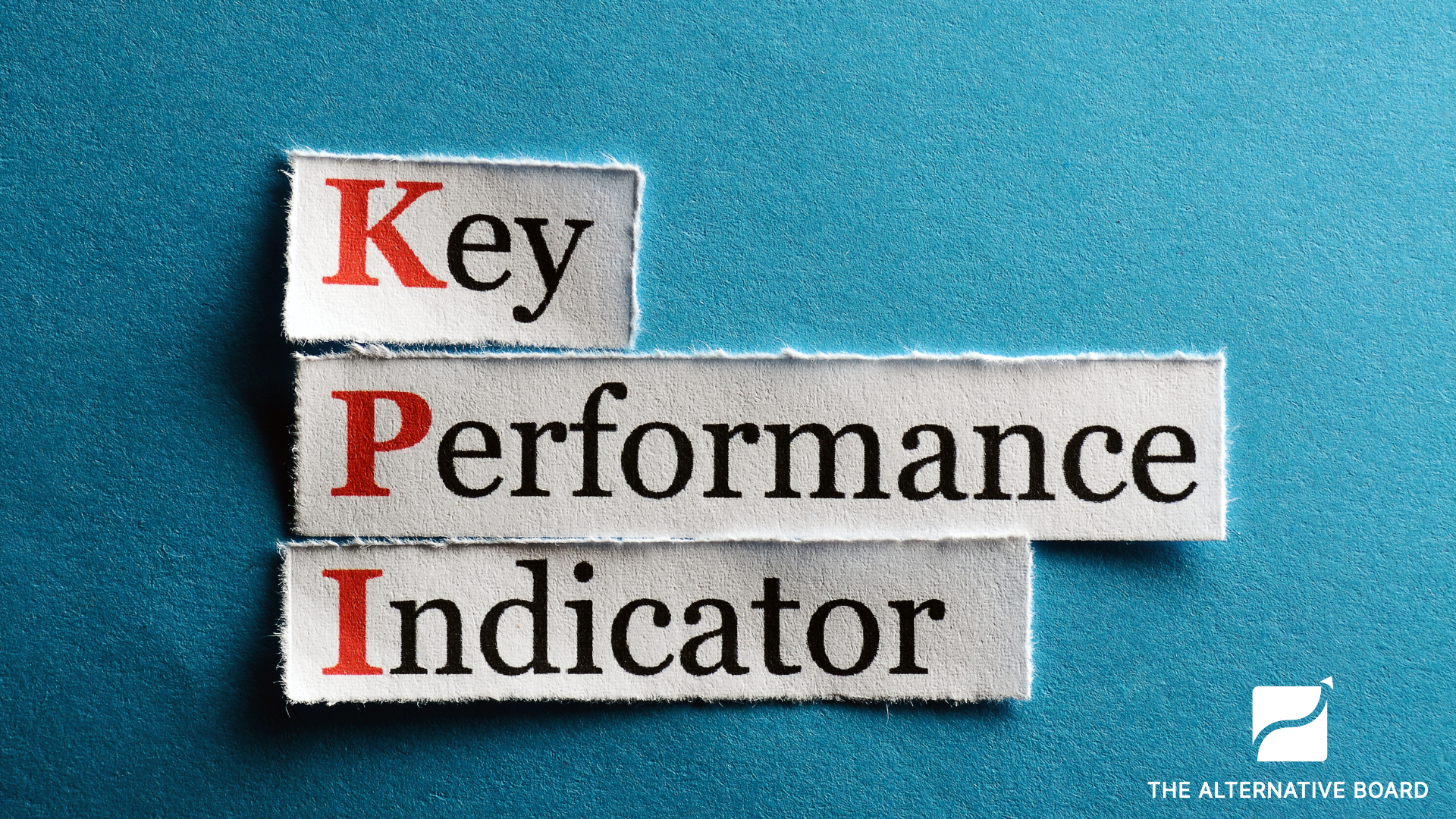In the world of business, one principle stands out: what can be measured should be measured. Key Performance Indicators (KPIs) offer invaluable insights into the health of a business, yet they are often overlooked by many business owners and Managing Directors.
KPIs provide a measurable framework for tracking and improving business performance. According to Investopedia, some of the most commonly used KPIs include:
According to Investopedia, the most commonly used KPIs include:
- Revenue growth
- Revenue per client
- Profit margin
- Client retention rate
- Customer satisfaction
These metrics enable decision-makers to evaluate efficiency, quality, timeliness, and overall performance over time. But how do you set KPIs that truly drive your business forward?
1. Define Your Desired Outcomes
The foundation of effective KPI setting is clarity. Ask yourself:
- What is the outcome you want to achieve?
- Why is this goal important to your business?
- How will you measure progress towards this result?
- What steps can you take to influence the desired outcome?
For example, if your goal is to increase revenue by 10% in the next year, create KPIs that support this goal. Break it down across departments, ensuring measurable, actionable objectives that contribute to achieving the larger outcome.
2. Use SMART Principles
SMART principles are widely regarded as a reliable framework for KPI development:
- Specific: Focus on a clear, well-defined objective.
- Measurable: Ensure you can quantify progress toward your goal.
- Attainable: Set realistic targets that are within your capabilities.
- Relevant: Align goals with your organisation’s growth strategy.
- Time-bound: Establish a timeframe for achieving the objective.
This approach ensures you prioritise what truly matters for your business and set realistic expectations for success.
3. Focus on Core Activities
The most effective KPIs centre around your business’s core activities. Begin by identifying these essentials—those areas that define success or failure in your industry. From there, measure KPIs that track performance in these areas, such as financial health, customer satisfaction, or operational efficiency.
By closely monitoring these KPIs, you’ll quickly identify both positive trends and potential red flags. Addressing negative trends early can prevent larger issues, while capitalising on positive trends can unlock unexpected growth opportunities.
4. Establish Data Collection Methods
Determining who collects KPI data and how frequently it’s reviewed is crucial. The methods and frequency will vary depending on the KPI’s focus:
- Sales KPIs may require daily or weekly updates.
- Customer service metrics may be better suited to monthly or quarterly reviews.
Set clear expectations for data collection and ensure consistency across departments to maintain accuracy and relevance.
5. Leverage a KPI Dashboard
A digital KPI dashboard can simplify the process of tracking and analysing performance metrics. With visualisation tools, you can display critical data in near real-time, enabling quick decision-making.
Ensure your team has access to the dashboard and understands how to input and interpret the data. This collaborative approach ensures every department benefits from the insights and aligns their strategies accordingly.
6. Tailor KPIs to Your Business Goals
Remember, not all KPIs are universal. The right KPIs for your business will align with your unique goals, industry standards, and areas needing improvement. Choosing relevant metrics ensures you measure what truly impacts your business success.
Why KPIs Matter
Financial and business performance experts agree that KPIs are among the most efficient ways to monitor business operations. They offer insights into key areas like customer satisfaction, service quality, and financial performance.
Sales KPIs, for instance, can play a pivotal role in boosting revenue and identifying untapped growth opportunities.
To simplify the process of setting and tracking KPIs, we at The Alternative Board offer tools designed to help you create a strategic framework for business growth. Watch this video to learn how our solutions can empower your KPI-setting strategy and drive success.
By setting effective KPIs, you position your business for greater clarity, stronger performance, and long-term success.


